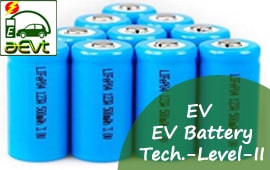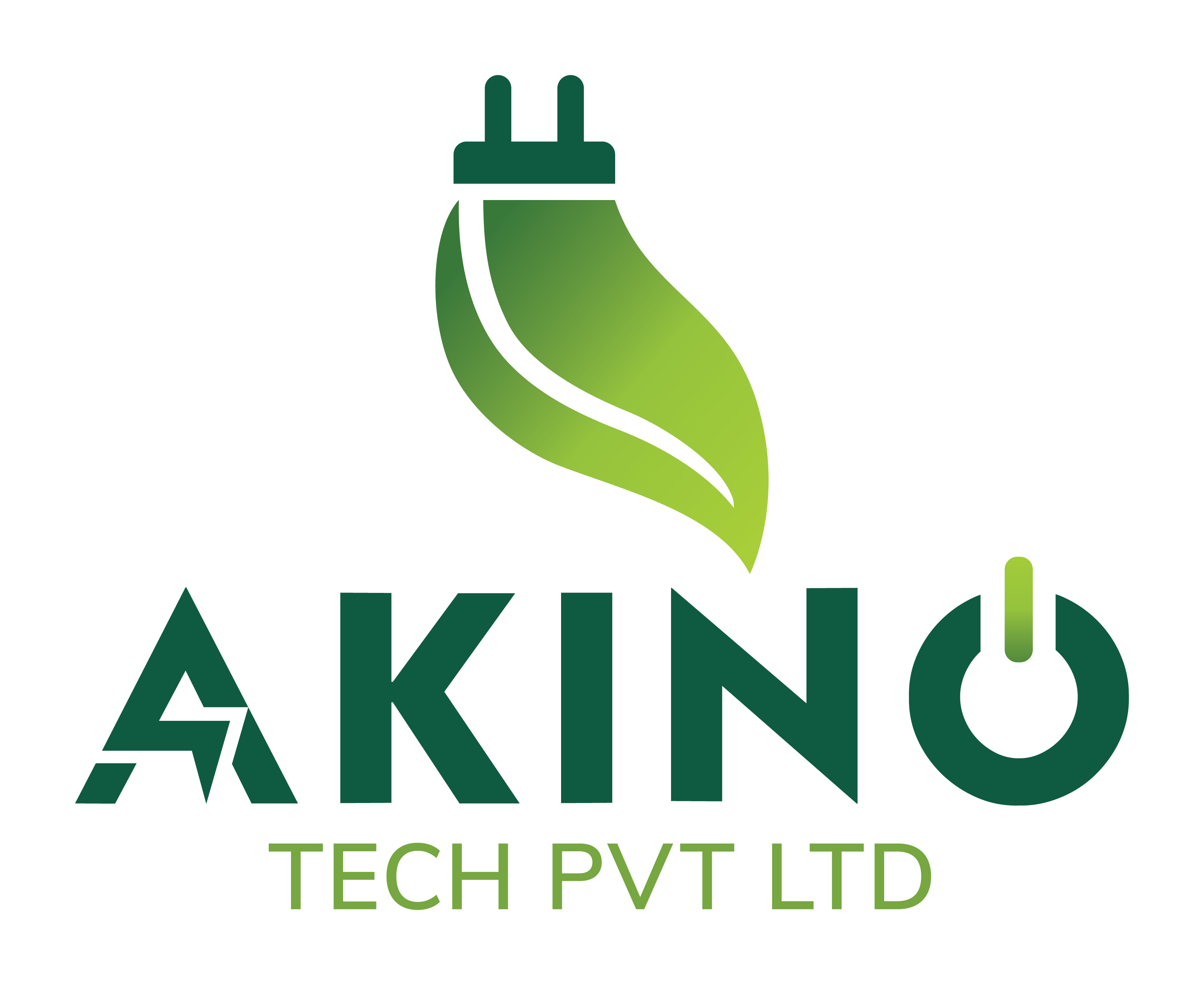Find EV EVSE course
Lithium-ion battery market at your city
Business opportunities for lithium-ion batteries in Howrah include battery pack assembly for electric vehicles (EVs), energy storage systems (ESS) for renewable energy, and lithium battery wholesaling and distribution to supply growing demand from various sectors. Become a wholesaler to supply batteries to local businesses and individuals for residential, commercial, and EV-related needs.
Battery storage technologies are essential to speeding up the replacement of fossil fuels with renewable energy. Battery storage systems will play an increasingly pivotal role between green energy supplies and responding to electricity demands.
Lithium-ion batteries, which are used in mobile phones and electric cars, are currently the dominant storage technology for large scale plants to help electricity grids ensure a reliable supply of renewable energy.
Battery energy storage systems are considerably more advanced than the batteries you keep in your kitchen drawer or insert in your children’s toys. A battery storage system can be charged by electricity generated from renewable energy, like wind and solar power.
Battery electricity storage is a key technology in the world’s transition to a sustainable energy system. Battery systems can support a wide range of services needed for the transition, from providing frequency response, reserve capacity, black-start capability and other grid services, to storing power in electric vehicles, upgrading mini-grids and supporting “self-consumption” of rooftop solar power. In the longer-term, batteries could support very high levels of variable renewable electricity, specifically by storing surplus energy and releasing it later, when the sun is not shining or the wind not blowing strongly enough.
Lithium-ion Battery pack assembly

Techno Commercial knowledge to setup Lithium-ion battery assembly line for solar application, energy storage and EV 2W, 3W etc.
Practical skills - cell sellection, cell IR testing, cell balancing, charge discharge testing, module & pack assembling, enclosure selection, all machinery selection, assembly line planning and layout drawing, costing of assembly line, working capital, investment, ROI, business projection making, different product design.
Course Outcome:
Get the knowledge of Lithium-ion cell parameters, Cell Chemistry, Cell Architecture, Thermal Management, BMS and battery pack assembly technical and commercial detail before setup assembly line.
Today's Offer: FLAT 18% discount for online session
MINISTRY OF ROAD TRANSPORT AND HIGHWAYS
NOTIFICATION
New Delhi, the 11th November, 2025
All E-rickshaw or E-cart manufactured on or after the 1st day of April, 2027 shall be fitted with lithium-ion battery packs and the performance requirements of the same shall be as per AIS-156 (Part 1) and (Part 2), as amended from time to time.”.
Quick Inquiry Form
Class Time / Slot
Online class Available slot for working professionals
Next batch Class will start from January - 2026
| Slot | IST Time | Status |
| 1 | 7:30 AM - 9:00 AM | |
| 2 | 10:30 AM - 12:00 Noon | |
| 3 | 3:00PM - 4:30PM | |
| 4 | 8:00 PM - 9:30PM |
| Slot | IST | WAT | SAST | EAT | KST |
| 1 | 7:30 AM | 3 AM | 4 AM | 5 AM | 10 AM |
| 2 | 10:30 AM | 6 AM | 7 AM | 8 AM | 1 PM |
| 3 | 3 PM | 10:30 AM | 11:30 AM | 12:30 PM | 5:30 PM |
| 4 | 8 PM | 3:30 PM | 4:30 PM | 5:30 PM | 10:30 PM |
4 Slot 4 batch each slot
Admission Going on for
EV Technology and Business Management - Techno Commercial Training (online)
Today's 18% Discount From:
January - 2026

Course Duration: 2 + 1 Months
EV Battery Pack Assembly Line Training (online)
Today's 18% Discount From:
January - 2026

Course Duration: 2 + 1 Months
Solar Power EV Charging Station (online)
Today's 18% Discount From:
January - 2026

Course Duration: 2 + 1 Months
Visit our Google Map












View all Job

















